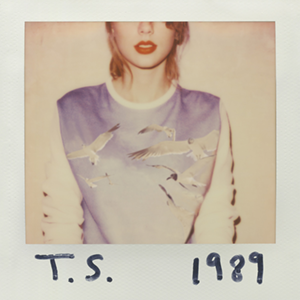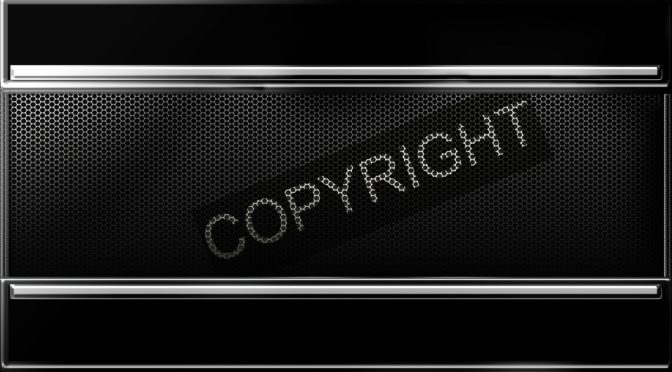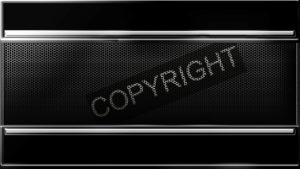 There were many AFM members among those honored with nominations and awards at the 58th Annual Grammy Awards. Following is a list of Grammy winners who are AFM members and whose work was recorded on labels signatory to AFM agreements. The AFM celebrates all artists whose works are supported by AFM musicians, under AFM agreements.
There were many AFM members among those honored with nominations and awards at the 58th Annual Grammy Awards. Following is a list of Grammy winners who are AFM members and whose work was recorded on labels signatory to AFM agreements. The AFM celebrates all artists whose works are supported by AFM musicians, under AFM agreements.
Record of the Year:
“Uptown Funk,” Bruno Mars, member of Local 47 (Los Angels, CA).
Album of the Year:
1989, Taylor Swift, member of Local 257 (Nashville, TN).
Best New Artist:
Meghan Trainor of Local 257.
Best Pop Duo/Group Performance:
“Uptown Funk,” Bruno Mars.
Best Pop Vocal Album:
1989, Taylor Swift.
Best Country Solo Performance:
“Traveller,” Chris Stapleton of Local 257.
Best Country Album:
Traveller, Chris Stapleton.
Best Latin Jazz Album:
Made In Brazil, Eliane Elias of Local 802 (New York City).
Best Blues Album:
Born to Play Guitar, Buddy Guy of Local 10-208 (Chicago, IL).
Best Arrangement, Instrument and Vocals:
“Sue (Or in a Season of Crime),”
Maria Schneider of Local 802.
Best Musical Theater Album:
Hamilton, performed by musicians from Local 802.
Best Album Notes:
Love Has Many Faces: A Quartet, A Ballet,
Waiting to Be Danced, Joni Mitchell of Local 47.
Best Historical Album:
The Basement Tapes Complete: The Bootleg Series Vol. 11,
Bob Dylan of Local 47 and The Band.
Producer of the Year, Non-Classical:
Jeff Bhasker, of Local 47.
Best Orchestral Performance:
Shostakovich: Under Stalin’s Shadow – Symphony No. 10,
Boston Symphony Orchestra, members of Local 9-535.
Best Engineered Album, Classical:
Ask Your Mama, San Francisco Ballet Orchestra, members of Local 6.
Producer of the Year, Classical:
Ask Your Mama, San Francisco Ballet Orchestra, members of Local 6.
Best Classical Compendium:
Paulus: Three Places of Enlightenment Veil of Tears and Grand Concerto,
Nashville Symphony, members of Local 257.



